Teaching and Fantasy Literature: Some Dubious Ideas and Some Good That Came of Them
 When I learned my first child would be a boy, one of my first stops was the library, where I checked out a huge stack of books about boys: how they think, how they learn, how they’re socialized, with all the attendant parental and teacherly how-tos and cautionary tales. I was wary of essentialism, but willing to consider the possibility that the big recent developments in neuroscience might have something new to tell me. Since my son would not be born yet for some months, I tried out the most promising of the books’ insights on my students. Childhood in a masculine mode–any version of a masculine mode–is a foreign country to me. I wanted what I always want when I’m about to fly off to terra incognita. I wanted a map, a phrasebook, and a Rick Steves guide to the notable sights. That and a good highlighter pen will get me through as much touristing as I’ve ever been able to afford.
When I learned my first child would be a boy, one of my first stops was the library, where I checked out a huge stack of books about boys: how they think, how they learn, how they’re socialized, with all the attendant parental and teacherly how-tos and cautionary tales. I was wary of essentialism, but willing to consider the possibility that the big recent developments in neuroscience might have something new to tell me. Since my son would not be born yet for some months, I tried out the most promising of the books’ insights on my students. Childhood in a masculine mode–any version of a masculine mode–is a foreign country to me. I wanted what I always want when I’m about to fly off to terra incognita. I wanted a map, a phrasebook, and a Rick Steves guide to the notable sights. That and a good highlighter pen will get me through as much touristing as I’ve ever been able to afford.
Only it turned out I wasn’t a tourist, or even a long-term expatriate. I was a character in a portal fantasy, the kind this essay on io9 praises, in which people cross through the portal from each world into the other, and nobody’s normality is stable. As it turned out, I had lived my entire life as a character in that portal fantasy without knowing it. None of my maps or phrasebooks could be relied upon.
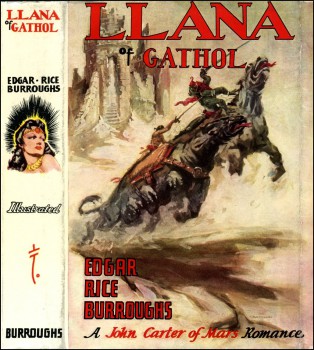 Back on Mars, and closing in on its finale, after my short sabbatical… What can I say? It seems Synthetic Men of Mars will suck out the desire to keep trudging forward from even the most dedicated ERB enthusiast.
Back on Mars, and closing in on its finale, after my short sabbatical… What can I say? It seems Synthetic Men of Mars will suck out the desire to keep trudging forward from even the most dedicated ERB enthusiast.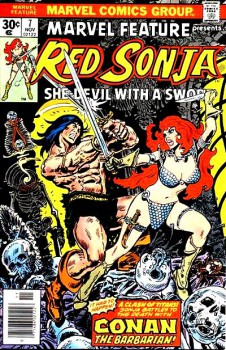
 As so often happens, I was at a book fair the other week when, again as so often happens, I stumbled on a book by a writer I’d heard of at some point and about whose work I was vaguely curious. In this case, the writer was Zenna Henderson and the book was a collection of sf and fantasy short stories called The Anything Box. Which, upon reading, I found to be quite intriguing.
As so often happens, I was at a book fair the other week when, again as so often happens, I stumbled on a book by a writer I’d heard of at some point and about whose work I was vaguely curious. In this case, the writer was Zenna Henderson and the book was a collection of sf and fantasy short stories called The Anything Box. Which, upon reading, I found to be quite intriguing.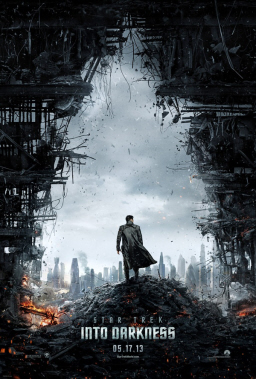
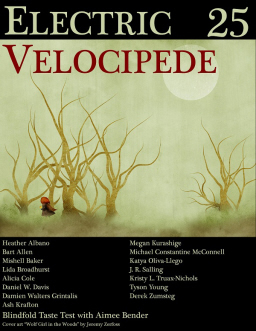
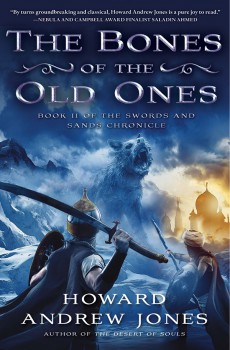
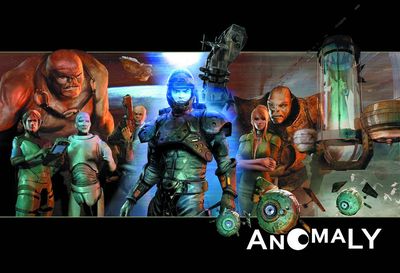
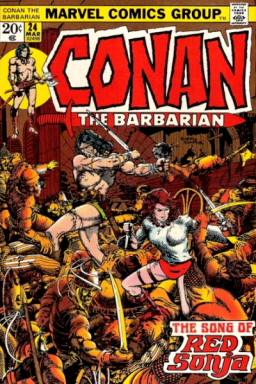
 Typically in these blog posts, I write about some work of fantasy, science fiction, or horror; of fantastika. I’m not sure whether the book I want to write about this time round can be described as any of those things. It’s not always, in fact, easy to distinguish what is fantastic and what is not. Does the distinction lie in what the writer has in mind, or in how the reader interprets the text? If a man who believes himself to be a magician writes about magic, is that fantasy or mimetic fiction? The author describes the world as the author understands it. The reader, reading, then sees the world as the author does: so writing is perhaps inherently magical, a possession. All words are magic words. All stories are true.
Typically in these blog posts, I write about some work of fantasy, science fiction, or horror; of fantastika. I’m not sure whether the book I want to write about this time round can be described as any of those things. It’s not always, in fact, easy to distinguish what is fantastic and what is not. Does the distinction lie in what the writer has in mind, or in how the reader interprets the text? If a man who believes himself to be a magician writes about magic, is that fantasy or mimetic fiction? The author describes the world as the author understands it. The reader, reading, then sees the world as the author does: so writing is perhaps inherently magical, a possession. All words are magic words. All stories are true.